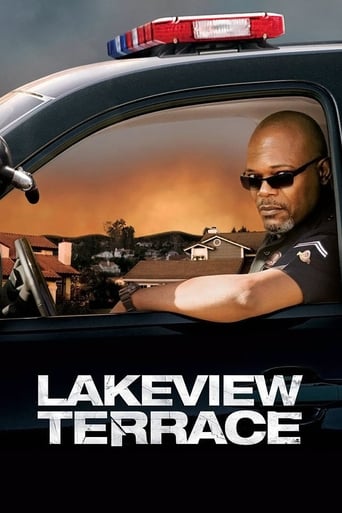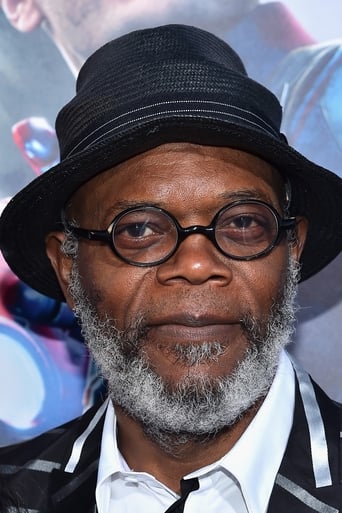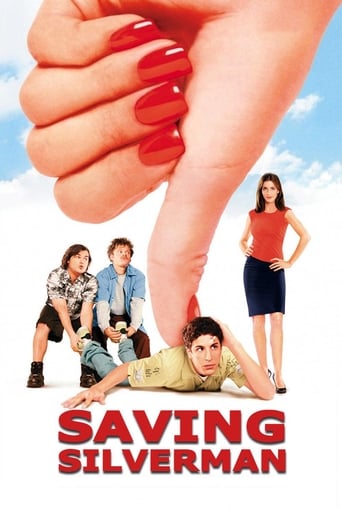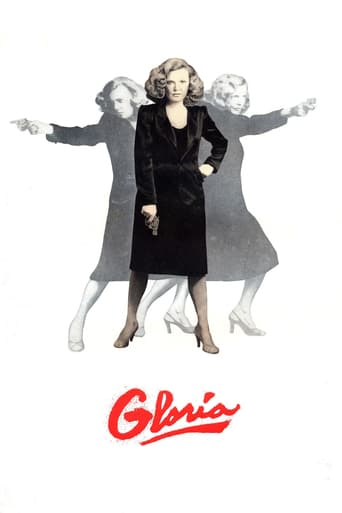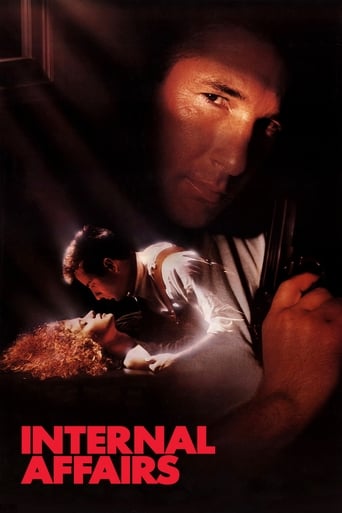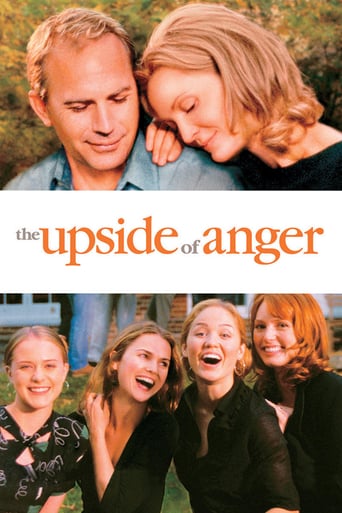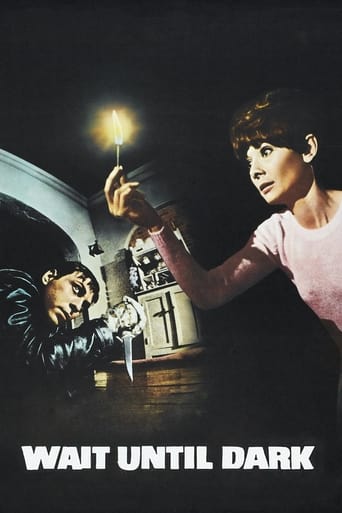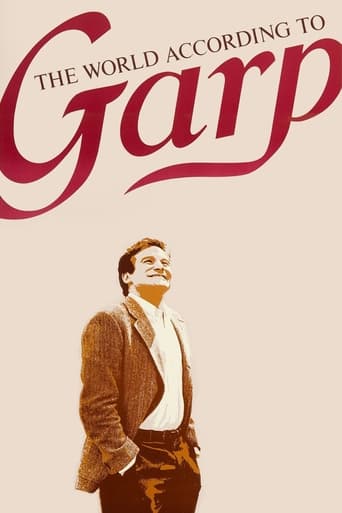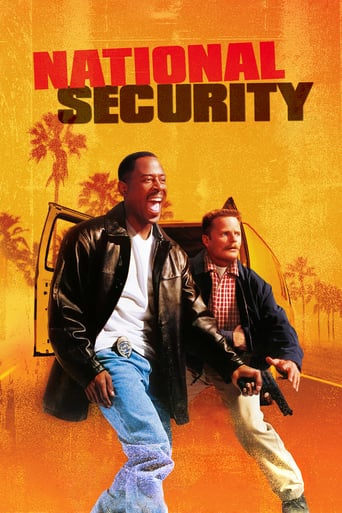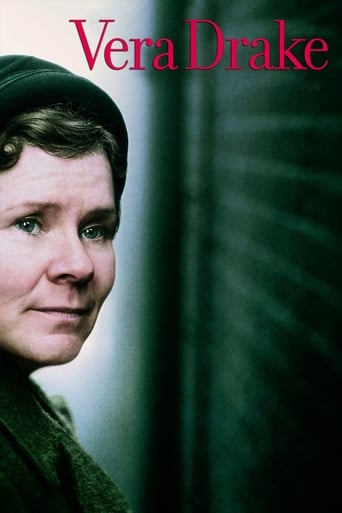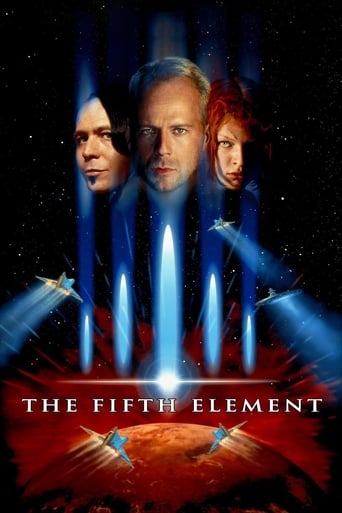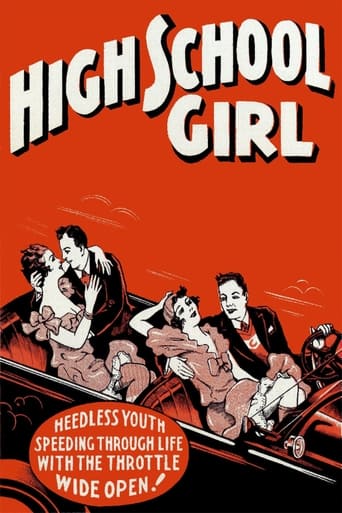Lakeview Terrace (2008)
A young interracial couple has just moved into their California dream home when they become the target of their next-door neighbor, who disapproves of their relationship. A tightly wound LAPD officer has appointed himself the watchdog of the neighborhood. His nightly foot patrols and overly watchful eyes bring comfort to some, but he becomes increasingly aggressive to the newlyweds. These persistent intrusions into their lives cause the couple to fight back.
Watch Trailer
Free Trial Channels
Cast



Similar titles
Reviews
I think this is a new genre that they're all sort of working their way through it and haven't got all the kinks worked out yet but it's a genre that works for me.
The greatest movie ever made..!
The film's masterful storytelling did its job. The message was clear. No need to overdo.
Story: It's very simple but honestly that is fine.
Samuel Jackson was so annoying in this movie. Predictable from the beginning. Don't waste your time.
"It's his word against yours. And he has, let's say, the color issue on his side. And that color happens to be blue."Lakeview Terrace is a thriller that some consider to be underrated. This film has always been on my radar after reading Roger Ebert's four star review, but most critics didn't really dig this film. I wasn't blown away by it like Ebert, but I still enjoyed this suspenseful thriller thanks mostly to Samuel L. Jackson's crazy eyed performance. If someone you know is complaining about their neighbors, then recommend them this film and I guarantee you they will never complain again. Compared to director, Neil LaBute's, previous film, The Wicker Man, this is a masterpiece. The film does manage to maintain a certain level of suspense and the characters are well developed, but the final act is a bit of a letdown. The film lacks some subtlety at times, but it did keep me at the edge of my seat throughout most of its running time. LaBute wasn't afraid to hold back on the racial comments and Jackson's character was very outspoken about it; he definitely succeeds at making the audience feel uncomfortable with several remarks. Chris Mattson (Patrick Wilson) and his wife Lisa (Kerry Washington), arrive to their new home in sunny California despite the news reports of several wildfires across the area. They are a recently married couple and are excited about having purchased their first home together. Lisa's father (Ron Glass) is ready to head back home after having finished helping with all the moving, meanwhile Chris and Lisa meet their new neighbor, Abel (Samuel L. Jackson), who happens to be an LA police officer and so they feel even more secure about their purchase. What they never see coming however is that Abel is a very strict man who doesn't approve of their interracial marriage. Not feeling comfortable with their presence, Abel who lives with his son Marcus (Jaishon Fisher) and daughter Celia (Regine Nehy), begins to bully and threaten them in order to force them to move out of their new home. Abel also happens to be experiencing some struggles of his own back at work for his abusive behavior, so this cop doesn't seem to be the one you want to live close to.Samuel L. Jackson is known mostly for playing a good guy in his movies, so getting to see him in this very different role felt like a breath of fresh air. He gives a terrifying performance here and his presence always made me feel uncomfortable. Patrick Wilson and Kerry Washington also gave strong performances for a thriller like this considering they weren't the perfect couple. They each had flaws and their characters were developed really well. Unfortunately the movie doesn't end on a strong note and that is what ultimately brought it down for me. I still think this film is worth seeing for Samuel L. Jackson's performance, he carries the movie throughout its weak moments. The story may sound familiar considering it is a conventional thriller, but there are moments thanks mostly to the strong performances and well developed characters, that make this film stand above other films in its genre.
"Lakeview Terrance" is a bizarre film from director Neil Labute. The plot? An interracial couple – Chris and Lisa - enter an affluent suburb and move into a new house. Chris is a caricature of your typical limousine liberal. He's vanilla white, drives a Toyota Prius, is a wannabe environmentalist, went to UC Berkeley, listens to gangster rap and marries a black woman. Lisa's father, a successful black lawyer, despises Chris. Surely his daughter could do better. Lisa is confused; her husband's a saint.Unfortunately for the couple, Samuel motherf*****g Jackson lives next door. Jackson plays Abel, a bigoted cop and psycho authoritarian who detests Chris. He hates interracial couples, despises whites, culture mixing and white privilege. As such, Abel wages an increasingly violent war on his neighbours. This war has led to many declaring the film "offensive, post-racial nonsense". A film about an ultra conservative black man in a position of power and authority who bullies whites and uses his social position to victimise white men? Surely this is a mind-boggling contortion of contemporary racism? Surely it is precisely the opposite which is of priority in the real world? To make matters even more odd, Labute sets his film in Lakeview Terrace, the neighbourhood where Rodney King was beaten up by white cops, an incident which led to huge race riots. What the hell? Labute loves to taunt audiences, but his intentions with Jackson's character seem unclear. The name Abel, of course, refers to "humanity's first victim", the character out of the Bible who is betrayed by his brother and becomes the first murdered man. But are we supposed to view Jackson as a victim? Does the film support this? Or is his name one big joke? Regardless, Jackson is emblematic of a very specific post-racial stance. The idea that "benevolent racism" is okay, that everyone is equal and that the portrayal of a bigoted black man is itself a form of equality and not inherently a racial statement. This is the kind of society in which everyone has the right to everyone else's cultural goods and everyone should be proud that they're advanced enough to accept black people, not only as homeowners, cops and presidents, but racists as well.Late in the film Jackson injects into Chris a little liberal guilt. He tells Chris that he hates the fact that as a white man Chris can arrogantly have whatever or whomever he wants (including black women), without pause, without concern, without having to ask or worry how he might be received by the rest of the world. The issue of Chris having it all is then mirrored to Jackson literally getting to be the white guy. The problem is, he loses his wife and gets shot to death. Even as a white guy, black boy's whipped.The film isn't only about reverse racism, it's reversed all over the place. Consider its Mexican stand off climax which reverses typical action movie "hail of bullets" climaxes, or scenes elsewhere in which Jackson is reprimanded by superiors for "being too violent with a thug", when in actuality he was trying to help the kid out. Would a white cop have gotten away with this? Do Jackson's ravings and moral judgements throughout the film have a point at all? Should we be more sensitive and discerning as to what we co-opt? "Lakeview's" first hour is hilarious and features a nice battle between emasculated macho men, but the film then quickly turns into a routine domestic thriller. The film ignores the historical roots of Jackson's rage – this is a guy old enough to remember forced segregation – and instead opts to paint Jackson as a crazy guy who's fury seemingly stems from nowhere. Does the film further a trend of stigmatising certain people as madmen, thereby only further pushing them out by exclusion, or is it parodying a trend? Does Labute intend the picture to be a giant prank on the audience (which he's done before, so who knows?)? It's always very hard to get a reading on Labute. You're never quite sure if he's being dead-pan satirical or is genuinely an uber uptight Mormon.6.9/10 – Worth one viewing.
The movie Lakeview Terrace is a movie about a racist Los Angeles Police Department sergeant who terrorizes his new next door neighbors because they are an interracial couple. The sergeant, Abel Turner, played by Samuel L. Jackson, is a single father of two children. Turner is particularly tough on his two children, but seems especially tough after they witness the next door neighbors, Chris (Patrick Wilson) and Lisa Mattson (Kerry Washington), having sexual relations in their pool. The theme that is presented throughout the movie is a theme of racial intolerance.The movie begins with Chris and Lisa Mattson moving into the Lakeview Terrace neighborhood as Abel's children, Marcus and Celia are on their way to school. After spying to see who his new neighbors are , Abel sees Chris and Lisa kissing, and he is disgusted. He is also disgusted at the fact that his two children witness Chris and Lisa having sexual relations in their pool. Later that evening, Abel positions his floodlights to shine into Chris and Lisa's bedroom window. They awaken in the middle of the night unhappy about the lights, and after some discussion, Chris decides he will discuss with Abel at the next opportunity. When Chris is finally able to speak with Abel about the lights, Abel maintains that the lights are part of his complex security system and won't be able to do anything. The next day, Abel shows his intolerance once again by telling Chris that no matter how much he listens to rap music, he will always be white. This scene was the first scene where Abel verbally showed he may in fact be a racist; it was also the scene where he welcomed Chris to the neighborhood. Abel also alludes to the fact of being a possible racist in the bar scene when he describes how his wife was killed. He explains that his wife was with her white boss at the time of her car accident. He goes on to explain that he didn't know why his wife would have been in the car with her white boss when she should have been at work, providing at-home care. Here, Abel is implying that his wife was unfaithful to him, which may explain why Abel does not like interracial couples.The director used the technique of wild-fire motifs in the movie to depict the toxic relationship between Turner and the Mattson's. The raging, burning wild-fires in the movie shows how toxic the relationship between the neighbors had grown from the beginning of the film. The Mattson's and Turner have a heated exchange outside after the Mattson's plant a line of trees on the boundary line between the two properties. The exchange almost leads to an altercation, but both parties are able to hold it off and go their separate ways. The director also used the technique of low-key lighting in the film – this type of lighting puts most of the set in shadow. The scene where we see low-key lighting would be when the Mattson's are awakened out of their sleep from Turner's bright floodlights. Their bedroom was dark enough and when the light shined through the windows, it cast Chris's shadow along the wall as he got out of bed to check to see what was going on with the lighting. The darkness of the low-key lighting goes with the theme of racial intolerance in that if one acts out like Turner, it can make you a pretty dark person.In conclusion, the theme of racial intolerance is ironic in this movie because a person would feel that having a police officer as a neighbor would be a good thing. In this case, it was not a good thing at all. The Mattson's felt all but safe.

